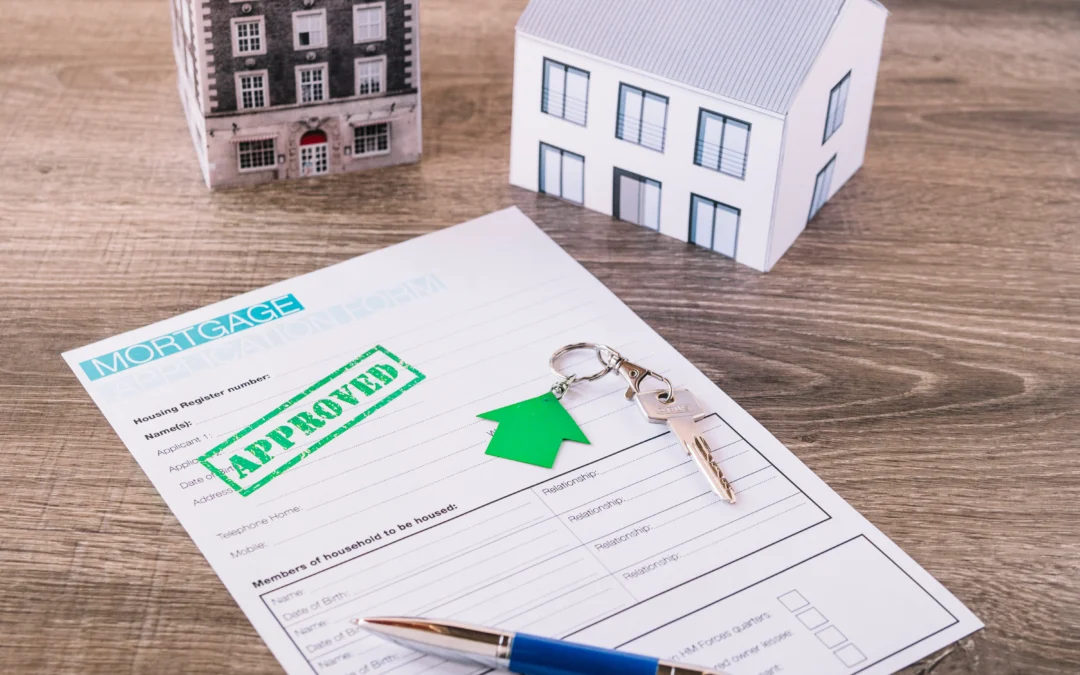Buying a home is one of the biggest financial decisions in life. But what if the same home could later help you cover living expenses, healthcare, or retirement needs? That’s where a reverse mortgage comes in.
If you’ve ever wondered “What is a reverse mortgage, and how does it work?”, this guide breaks it down in simple terms, with the pros, cons, and options you need to know.
Key Highlights
- Reverse mortgages let homeowners 55+ turn home equity into tax-free cash.
- No monthly payments; money received as a lump sum or monthly income; loan repaid when you sell, move, or pass away.
- Downsides, equity needed, reasons for choosing it, repayment details.
What Is a Reverse Mortgage?
A reverse mortgage is a special type of loan designed for homeowners aged 55 and above. Instead of making monthly payments to the bank, you borrow against the equity in your home and receive cash from it.
Think of it this way: with a regular loan, you pay the bank. With a reverse mortgage, the bank pays you, using the value you’ve built up in your house.
This option is most popular with retirees who may have a valuable home but limited monthly income.
Reverse Mortgage Explained: How Does It Work?
Here’s a step-by-step look at how it works:
- Eligibility: You must be at least 55 years old and own a qualifying home in Canada.
- Loan Amount: The bank lends you up to 55% of your home’s current value.
- Payment Options: You can receive the money as a lump sum, monthly income, or a mix of both.
- No Monthly Payments: Unlike regular mortgages, you don’t make payments while you live in your home.
- Repayment: The loan is repaid when you sell your home, move out permanently, or pass away.
In short, you get access to tax-free cash while keeping ownership of your property.
Reverse Mortgage Options
There are two main reverse mortgage options in Canada:
- Lump-Sum Payout: Ideal if you need a large amount upfront, such as for debt repayment, home renovations, or medical costs.
- Monthly Advances: Best if you want extra steady income every month to supplement pensions or savings.
Some lenders also allow a combination of both, giving you flexibility depending on your needs.
What Are the Pros and Cons of a Reverse Mortgage?
Like any financial decision, a reverse mortgage has benefits and drawbacks.
Pros:
- Access cash without selling your home.
- No monthly mortgage payments required.
- Tax-free money you can use for anything (medical bills, living costs, travel, etc.).
- You still own your home and live in it.
Cons:
- Interest builds over time, increasing the total amount owed.
- It reduces the inheritance value you leave behind.
- You need significant home equity to qualify.
- Fees and interest rates are often higher than regular mortgages.
Final Thoughts
So, what is a reverse mortgage? It’s a way to turn the equity in your home into usable cash during retirement. While it can provide financial freedom, it also reduces future home equity.
If you’re exploring mortgage choices in Canada, especially in British Columbia, a mortgage broker in Surrey BC like QuickMortgagesBC can guide you through the process and help you find the right solution for your needs.
To learn more about home loans, check out our guide on What Is a Mortgage and other resources to make the best financial decision for your future.
FAQs About Reverse Mortgages
1. What is the downside of a reverse mortgage?
The main downside is that interest keeps adding up, which means your debt grows over time. It also lowers the amount of equity your heirs may receive when the house is sold.
2. How much equity do you need for a reverse mortgage?
Most lenders require at least 50–55% equity in your home. The more equity you have, the higher the amount you can borrow.
3. Why would someone have a reverse mortgage?
Many seniors use it to cover retirement expenses, medical bills, or simply to enjoy a better quality of life without selling their home.
4. How does a reverse mortgage work?
The lender pays you money based on your home’s value. You don’t make monthly payments. The loan is repaid when you move, sell the home, or pass away.

